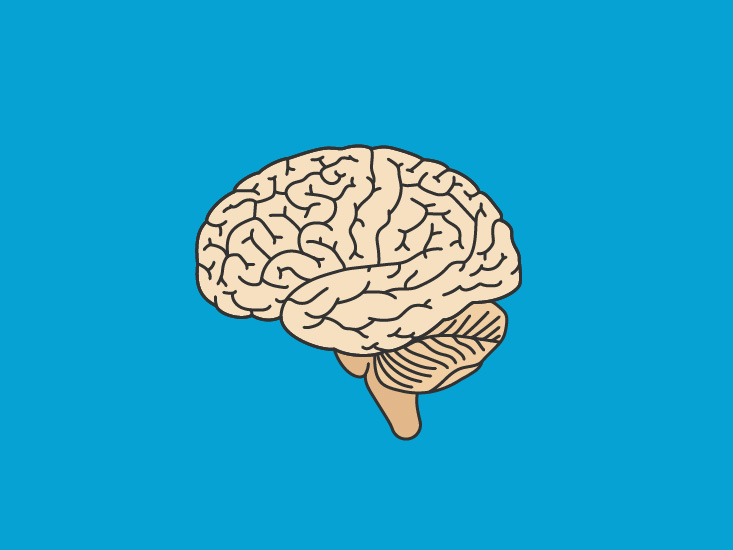In Chikusa-ku, Nagoya, a group of Japanese researchers stated they’ve uncovered a neural circuit involved in the processing of physical responses into emotional stress. Their study was released online in the peer-reviewed journal Science.
According to the study, the neural circuit first occurs in the dorsal peduncular cortex and the dorsal tenia tecta (DP/DTT). From those brain areas, stress signals make its way to the hypothalamus, a part of the brain in charge of the body’s vital functions, such as body temperature, blood pressure, and fight-or-flight response.
In the study, rodents were administered tracers into the brains and exposed to stress. Upon examination, the DP/DTT brain areas were most active during stress, the tracers indicated.
“The researchers impaired the areas’ connections to the hypothalamus and again exposed the rats to the same stress. Now the rats did not exhibit any stress-induced physical response, neither a rise in blood pressure nor body temperature, nor a faster heart rate,” researchers stated.
“This study demonstrates that the DP/DTT areas together are responsible for sending stress signals to the hypothalamus, and thus that blocking the DP/DTT-to-hypothalamus circuit can result in a reduction of stress symptoms in rats,” the findings concluded.
The new DP/DTT discovery may lead to the targeting of treatment for stress-related disorders, which includes post-traumatic stress disorder.


